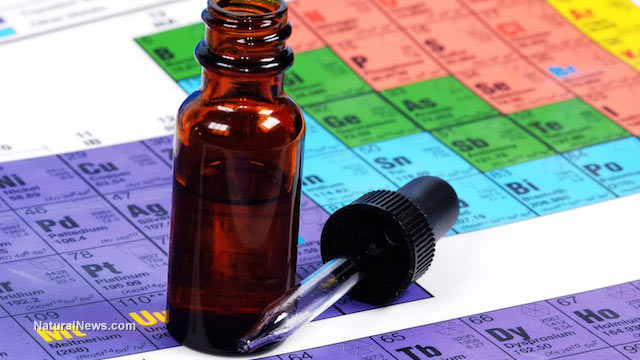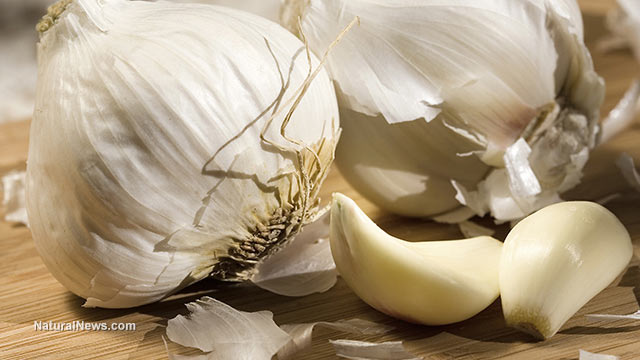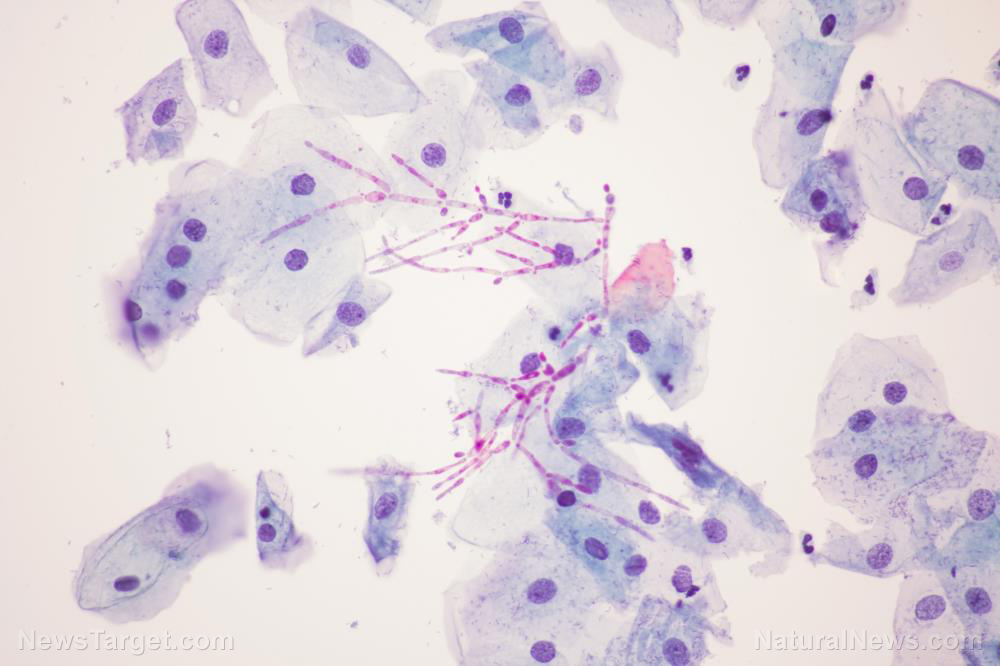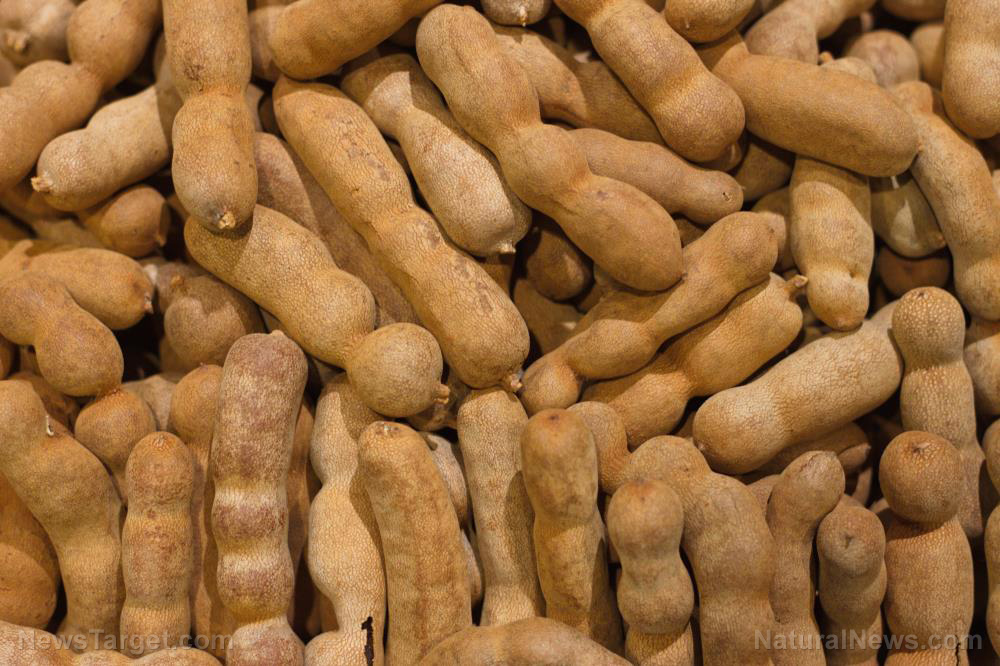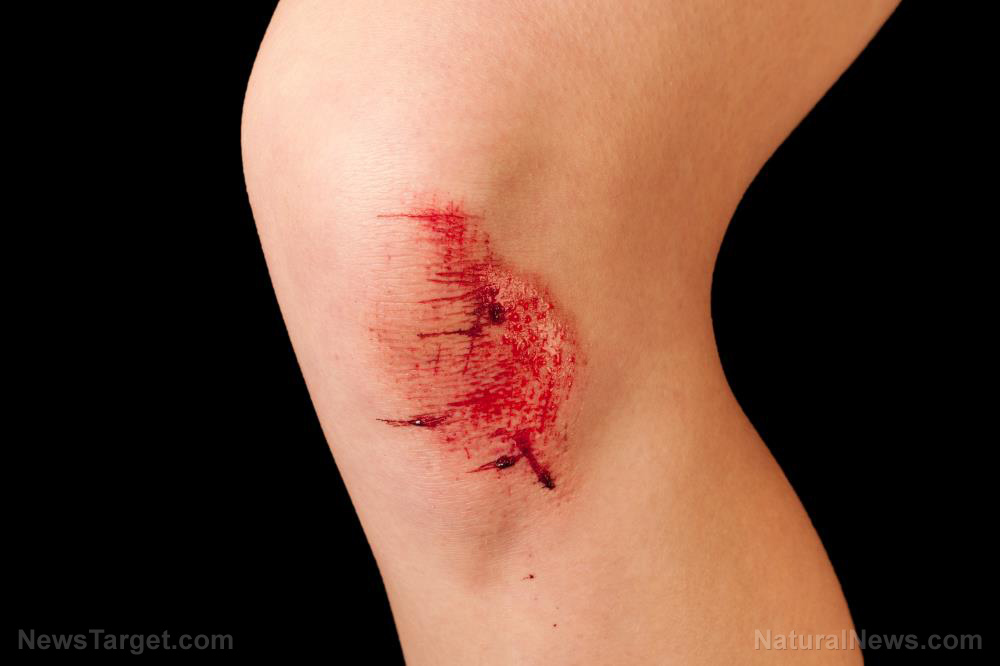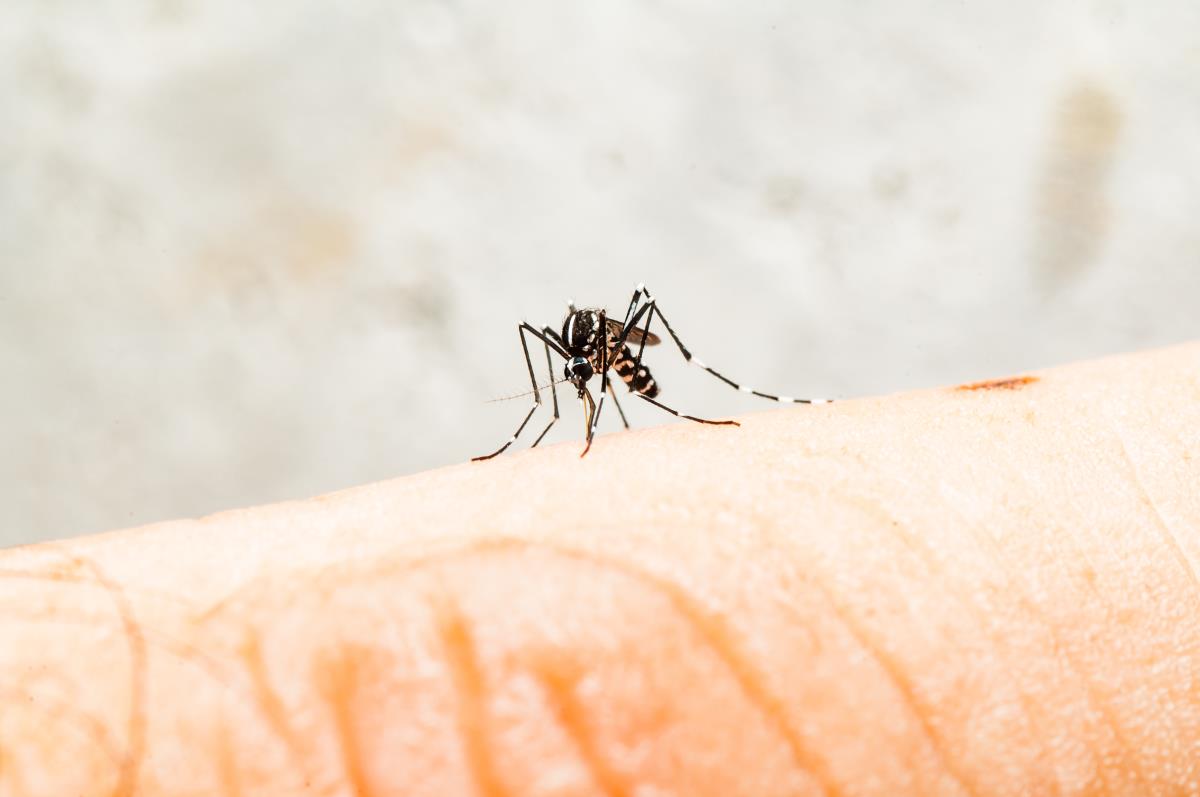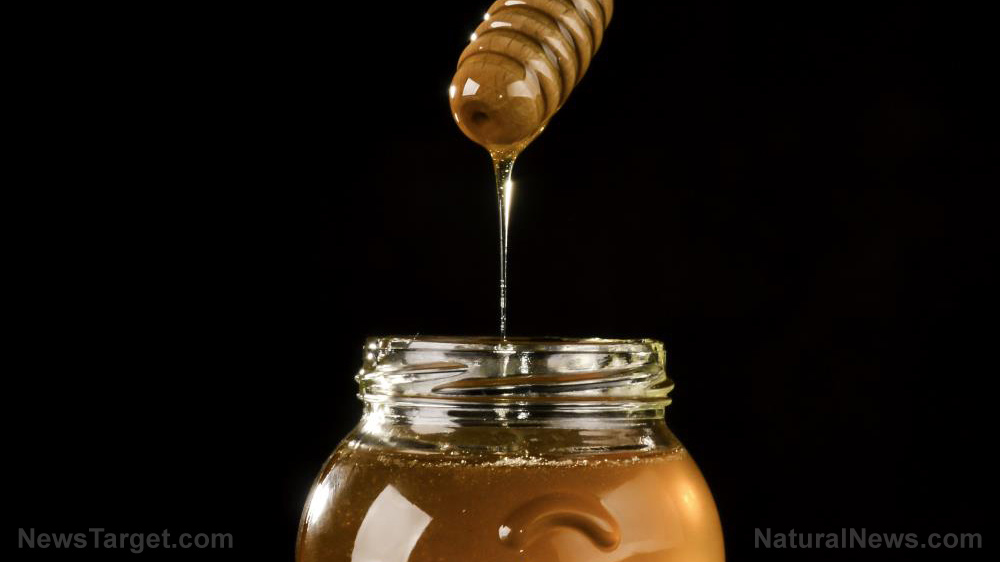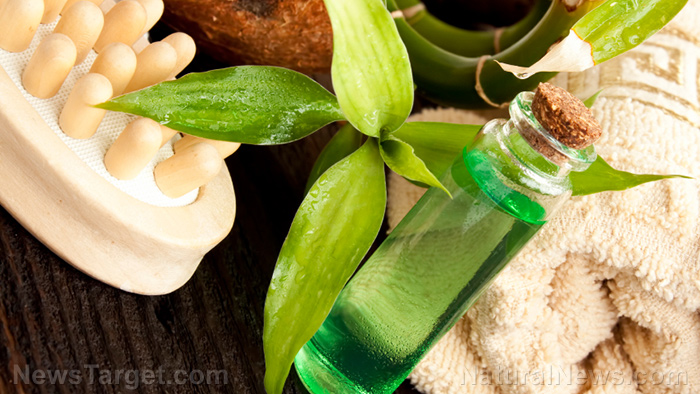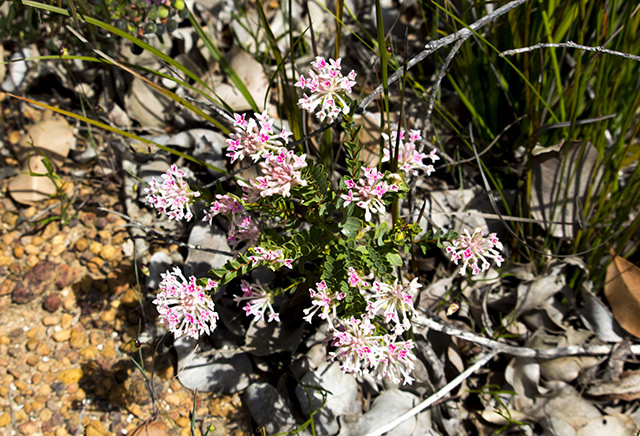Researchers say that a traditional Ethiopian plant shows potential as a natural cure for malaria
11/14/2018 / By Edsel Cook
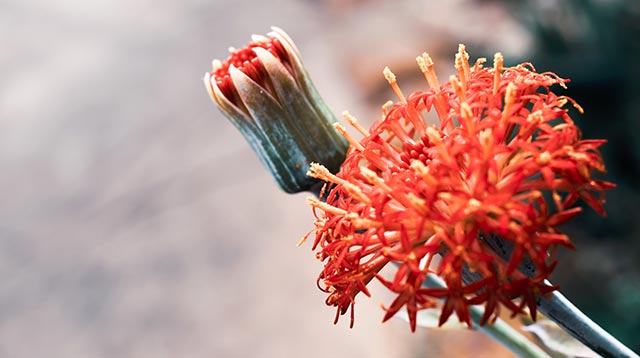
It might have been eliminated as a public health problem in the U.S., but malaria continues to plague other parts of the world. In Ethiopia, the infectious disease is traditionally treated using the Kleinia abyssinica herb. Local researchers have reported that the root of this African medicinal plant contains natural substances that suppress the growth of malarial parasites.
Malaria is caused by Plasmodium berghei, a parasite that grows in the liver and attacks the blood cells. It is spread by the bites of infected Anopheles mosquitoes.
The disease is treated using antimalarial medicines that kill the parasites. However, Plasmodium species can develop resistances to drugs, thereby necessitating the development of new drugs.
Many researchers are looking at traditional medicinal plants used in their home countries. For Ethiopians, K. abyssinica is a strong candidate.
A member of the Kleinia genus of flowering plants, K. abyssinica is distributed throughout southern Africa. Ethiopian ethnomedicine turns the root of this plant into a powder. The concoctions are recommended for treating the numerous infectious diseases found in Africa, one of them being malaria. (Related: Researchers say this common African tree holds the key to a natural cure for malaria.)
The antimalarial potential of an African medicinal plant
For their in vivo experiment, the researchers obtained powdered root of K. abyssinica from certified sources. They ran the material through several processes to extract an 80 percent crude methanol solution.
Then they processed the extract into its component fractions. All in all, they ended up with the crude methanol extract, the solvent fractions for acetone, chloroform, methanol, and petroleum ether, and the alkaloid fraction.
Next, the researchers created a mice model of malaria. They infected the lab animals with malarial parasites of the Plasmodium berghei species. Some uninfected mice were kept as the positive control. Likewise, a group of infected animals were set aside to serve as the negative control.
The rest of the infected mice received the crude methanol extract or one of the fractions derived from that extract. The doses for each treatment were set at 100, 200, 400, and 800 mg/kg of body weight per day.
The treatment period lasted for four days. The researchers evaluated the antimalarial activity of the extract and fractions by taking blood samples and measuring the parasitemia – the demonstrable presence – of the P. berghei parasites.
Alkaloids in the roots of an African herb can suppress malarial parasites
The researchers reported that the extract and various fractions derived from Kleinia abyssinica demonstrated antimalarial activity. They started with the 80 percent crude methanol extract, which was able to greatly inhibit the presence of the malaria parasites in the mice.
In their comparison of the solvent fractions, they determined that the methanol and petrol ether fractions outperformed their chloroform and acetone counterparts when it came to suppressing the parasites. However, even the best-performing solvent fractions paled when compared to the alkaloid extract.
The alkaloid fraction was drawn from the crude methanol extract. It was also the fraction that achieved maximum antimalarial activity.
All four doses of the alkaloid fraction were able to prevent P. berghei from growing anywhere like they did in the negative control group. After further testing and analysis, the researchers determined that the effective dose (ED50) that allowed the fraction to suppress at least 50 percent of malarial activity was a mere 60.77 mg/kg per day.
Given the results of their in vivo experiment, the researchers believed that they have come up with evidence to support the antimalarial role of K. abyssinica in Ethiopian ethnomedicine. Furthermore, they theorize that the alkaloids in the root of the flowering plant accounted for its effectiveness against malaria.
For more stories about natural herbal medicines that can protect you against malaria, visit Herbs.news.
Sources include:
Tagged Under: African herb, alternative medicine, anti-malaria, antimalarial, Ethiopian ethnomedicines, herbal medicine, Malaria, malaria treatment, medicinal plants, natural cures, natural medicine

